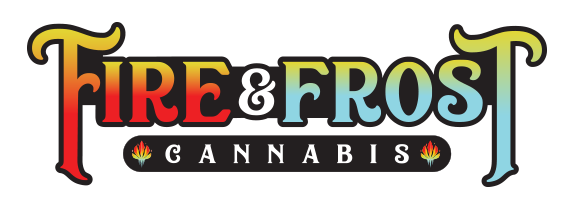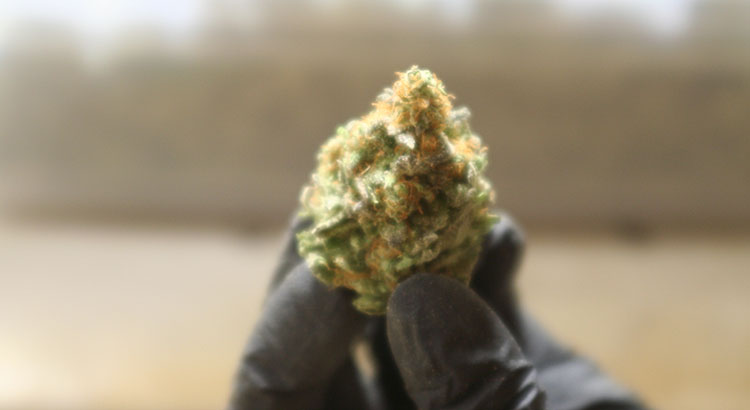Cannabis is a complex plant that contains a multitude of compounds, each with its own unique properties and effects. Two of the primary cannabinoids found in cannabis, THC (tetrahydrocannabinol) and THC-A (tetrahydrocannabinolic acid), play crucial roles in influencing the plant’s psychoactive effects. In this article, we will delve into the distinctions between THC and THC-A and explore the psychoactive effects associated with each.
THC vs. THC-A:
- THC (Tetrahydrocannabinol):
- THC is the most well-known and researched cannabinoid in cannabis.
- It is produced when THC-A undergoes decarboxylation, a process that involves the removal of a carboxyl group through heat or combustion.
- THC is responsible for the psychoactive effects commonly associated with cannabis consumption.
- It binds to the CB1 receptors in the central nervous system, leading to the activation of the brain’s reward system and producing the characteristic “high.”
- THC-A (Tetrahydrocannabinolic Acid):
- THC-A is the acidic precursor to THC and is found in raw, unheated cannabis.
- Unlike THC, THC-A is non-psychoactive, meaning it does not induce a “high.”
- It is abundant in fresh cannabis plants and is converted to THC through processes such as smoking, vaporization, or cooking.
- THC-A has potential therapeutic properties, including anti-inflammatory and neuroprotective effects, without the psychoactive side effects associated with THC.
Psychoactive Effects:
- THC:
- Euphoria: THC is known for inducing a sense of euphoria or happiness.
- Relaxation: It can promote relaxation and stress relief.
- Altered Perception: THC can alter sensory perception, leading to heightened senses and creativity.
- Increased Appetite: Commonly referred to as the “munchies,” THC can stimulate appetite.
- THC-A:
- Non-Psychoactive: THC-A, in its raw form, does not produce psychoactive effects.
- Potential Therapeutic Benefits: Research suggests that THC-A may have anti-inflammatory, anti-nausea, and neuroprotective properties.
- Limited Intoxication: Unlike THC, consuming THC-A does not lead to intoxication, making it suitable for those seeking therapeutic benefits without the “high.”
Understanding the distinction between THC and THC-A is crucial for individuals looking to navigate the diverse effects of cannabis. While THC is the primary psychoactive component responsible for the characteristic high, THC-A offers non-psychoactive therapeutic potential. As the cannabis landscape continues to evolve, further research into these cannabinoids will likely reveal additional insights into their effects and applications in both recreational and medicinal contexts.
To learn more about the differences between THC and THC-A, visit Fire and Frost Cannabis in Vancouver to talk with one of our experts, and find the right product for you.


